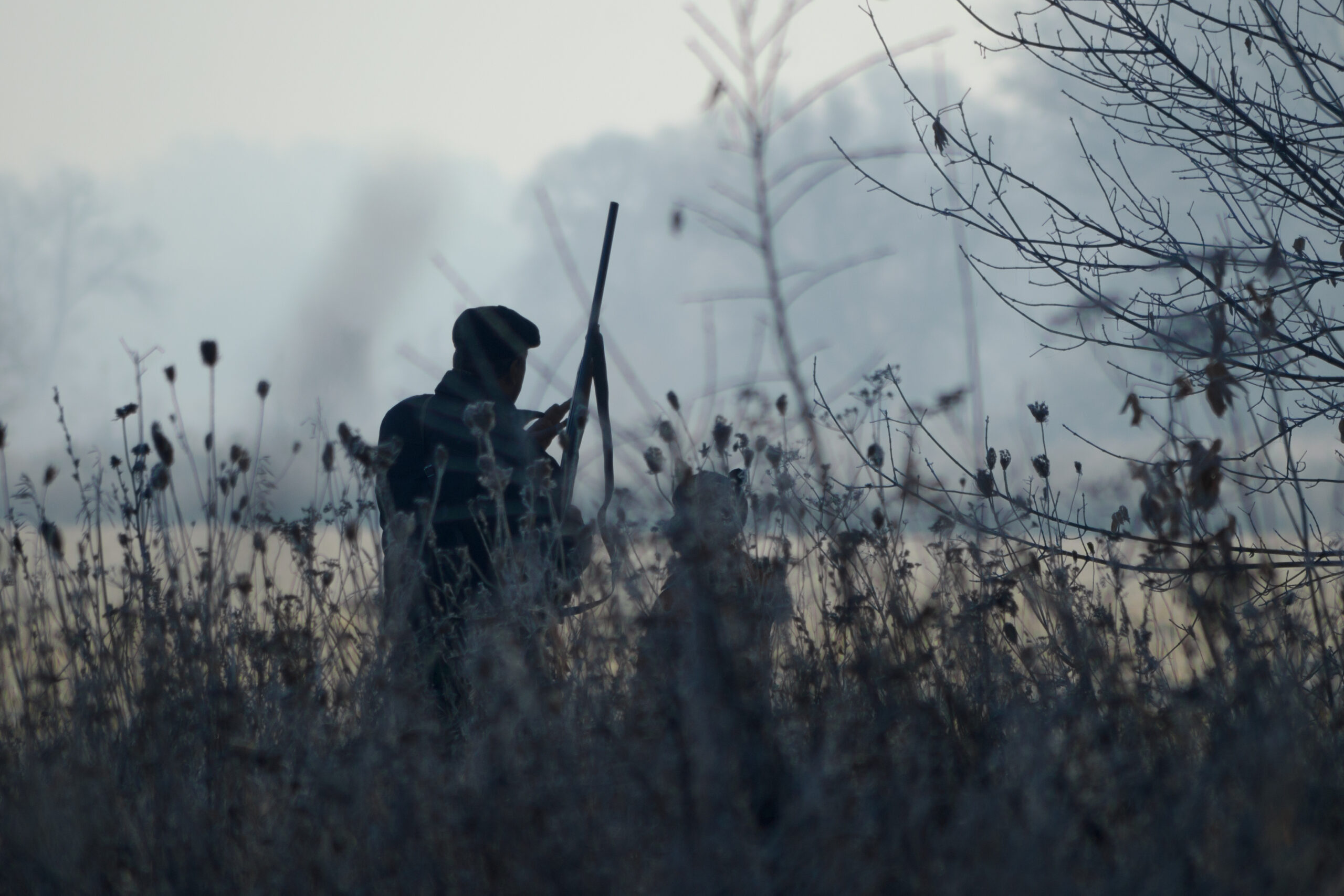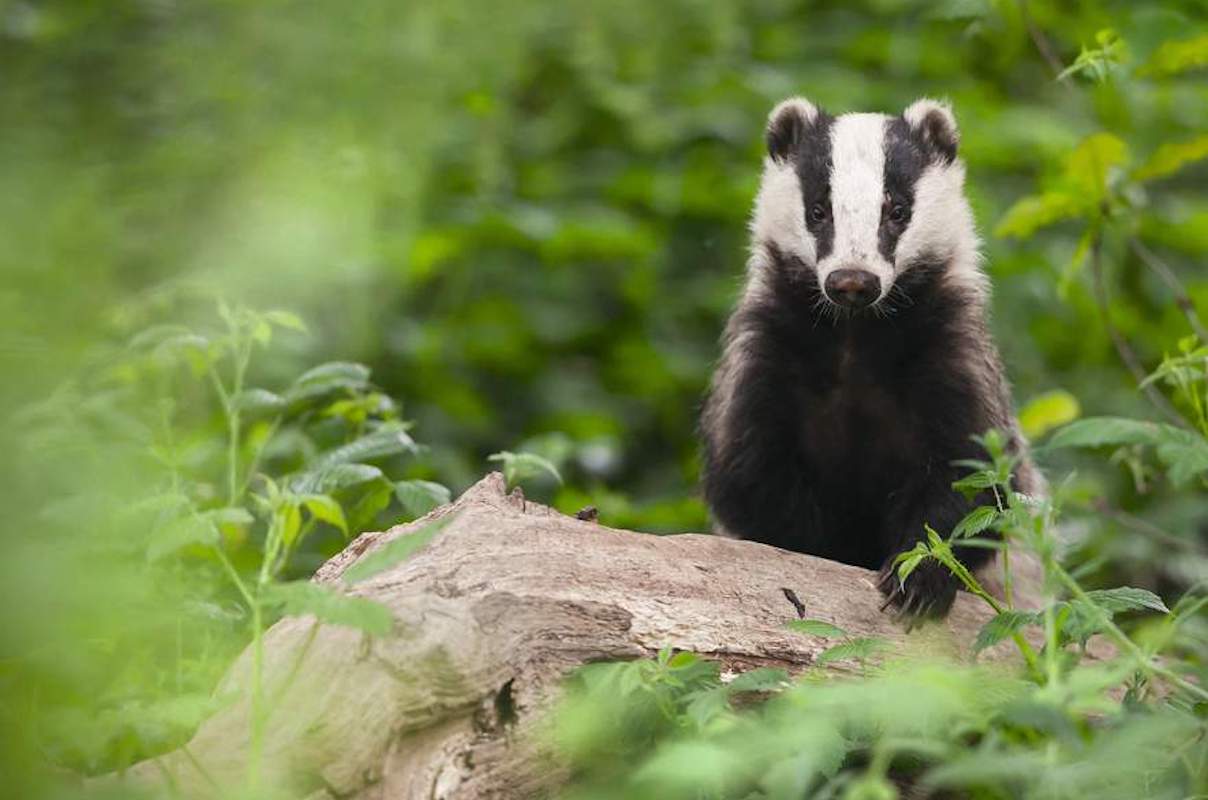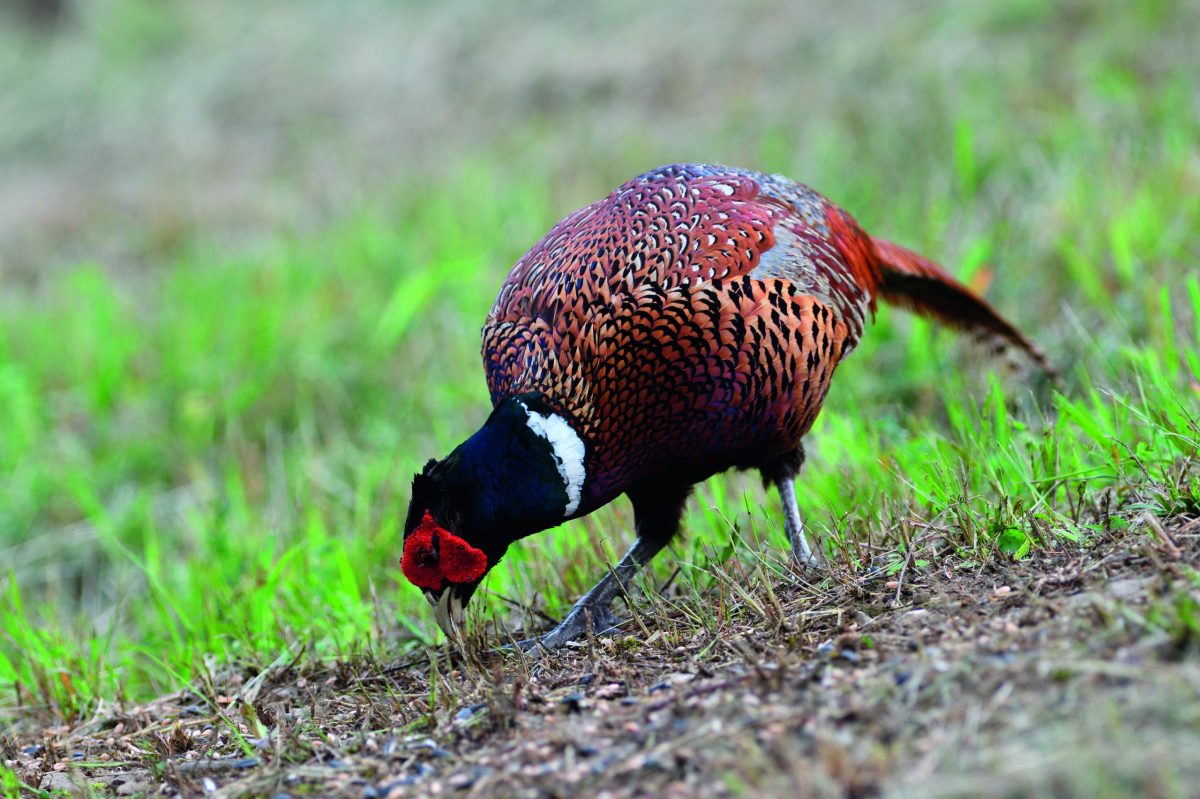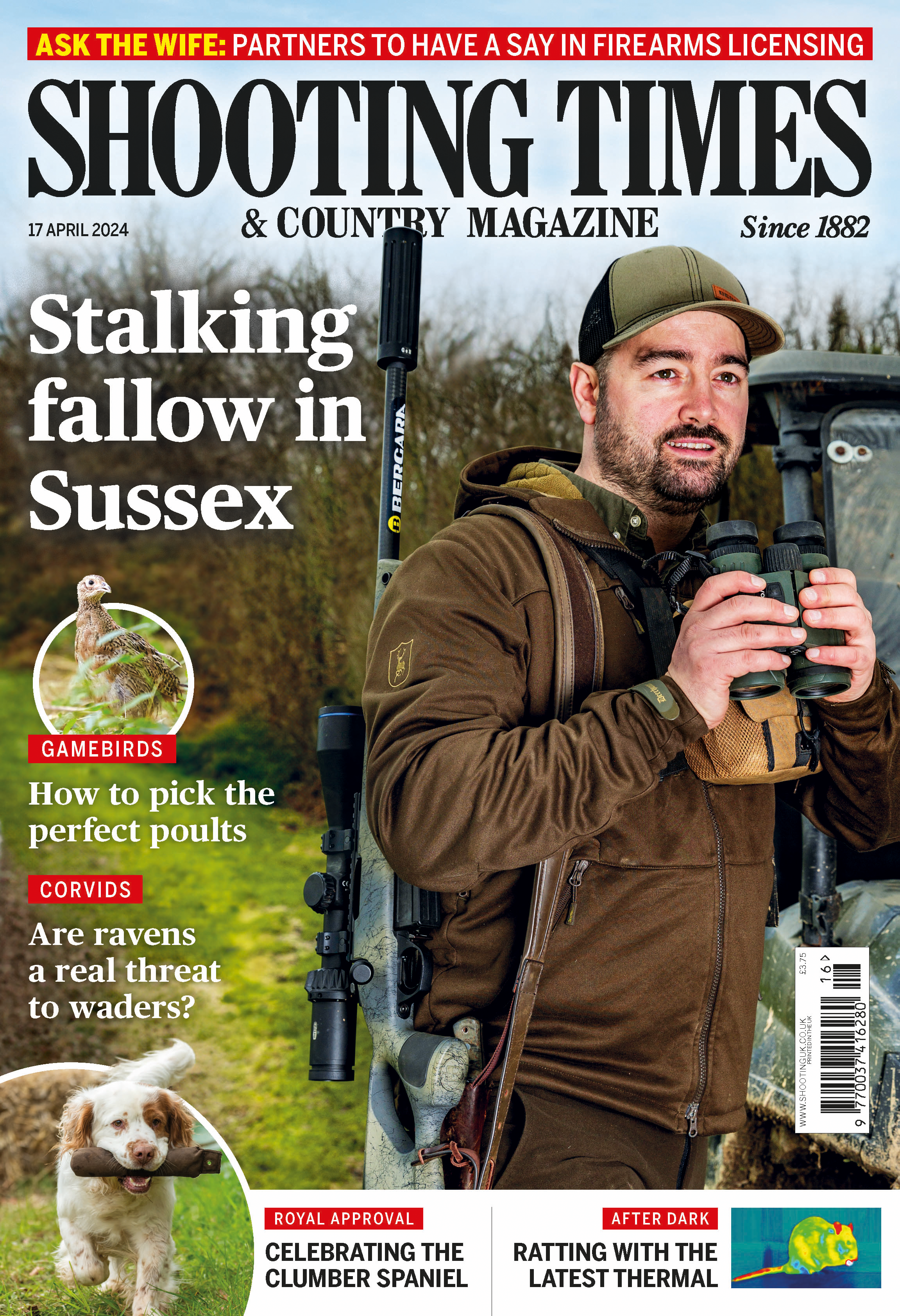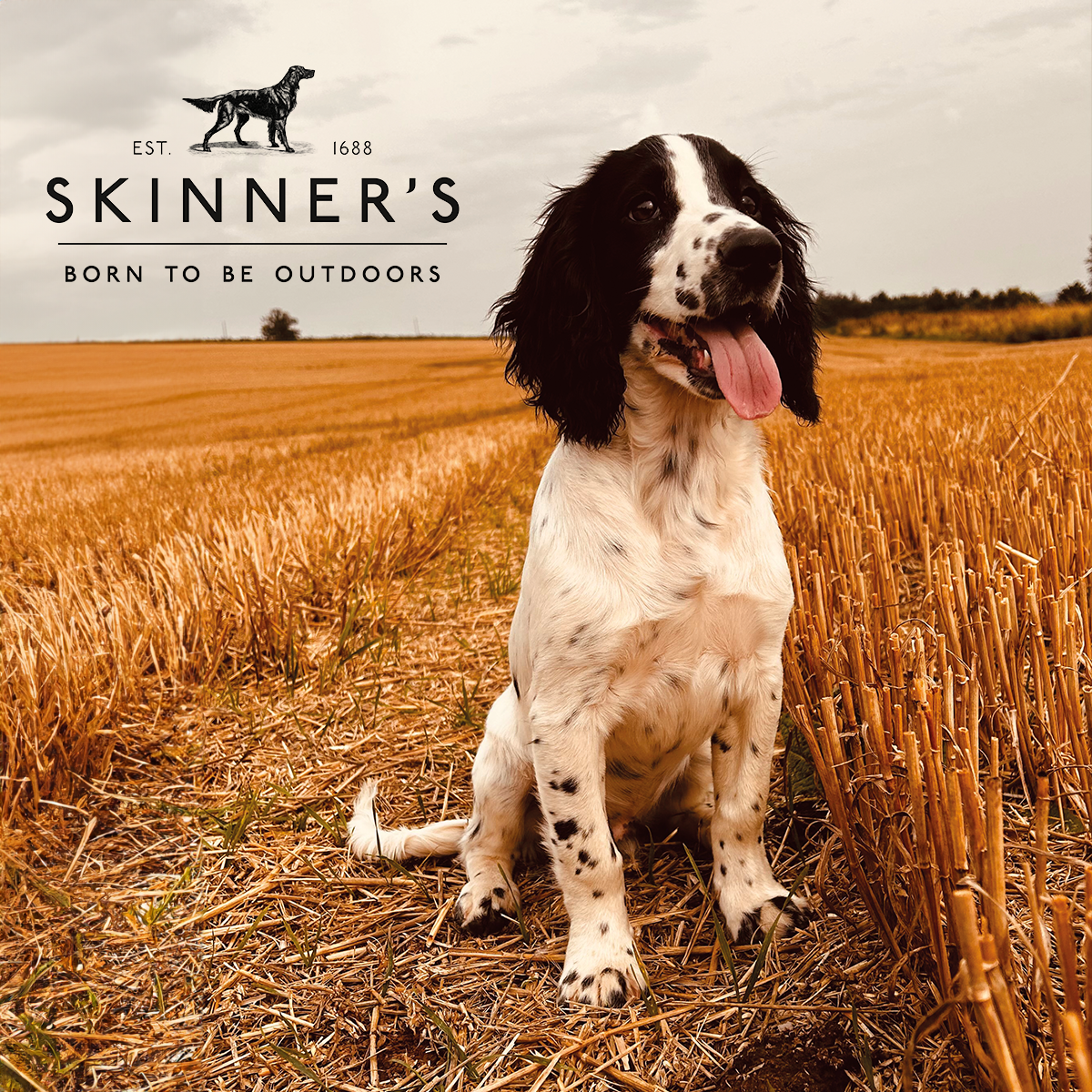UK hopes for Commonwealth Games shooting glory
Sporting eyes will soon be turning to Scotland, and this year there's more than grouse to get excited about - there are gold medals
It’s traditional for sporting interests to shift to Scotland in the summer. Think of an image of fine-weather fieldsports in Britain and chances are it’ll be something Scottish – red stags on the high tops of the Caledonian hills; salmon and trout slinking beneath the surface of great rivers; and grouse set to soar over the majestic moorland as the heather flowers.
This year there’s a different kind of sporting reason to look to Scotland (and I’m not talking golf): the Commonwealth Games, which begin in Glasgow on 23 July – and in particular the shooting events.
Commonwealth Games shooting may not be the tweed-clad romantic stuff of which John Buchan’s and Edwin Landseer’s dreams were made, but they’re relevant to a number of issues that affect gameshooting, and, of course they promise excitement of a different kind – the UK’s four national teams stand a good chance of bagging a few medals and bringing some welcome success after the disappointments of Wimbledon and the soccer world cup.
At the last games in Delhi in 2010, England placed second in the shooting medals table, Scotland fourth and Wales joint tenth, with a total of 10 gold, eight silver and eight bronze medals between them. Current form bodes well and recent months have seen some impressive performances from squad members in European and world championship competitions.
Though the shooters will be wearing brightly coloured team tracksuits rather than traditional hairy green breeks, issues that affect shooting in the UK as a whole have arisen in the run-up to the games for athletes and organisers alike. Three topics that might already be familiar to the wider shooting world are lead shot, the pistol ban, and age restrictions on shotgun use and ownership. A subject that might be less familiar is funding.
Lead shot
Some of the Commonwealth Games shooting events will be held on or near wetlands at Barry Links, which is covered by the ban on lead shot and a Site of Special Scientific Interest. However, shooters in the shotgun events need to use lead shot – it’s in the rules set by the International Shooting Sport Federation in Munich. Using non-lead isn’t an option without changing these rules and, even if that were to happen, the differing characteristics of non-lead alternatives mean that athletes would need a long run-in to adjust.
The Scottish Government has authorised a one-month exemption to the lead ban for the shooting events and warm up and practice periods at Barry Links. Having taken advice from Scottish Natural Heritage and the Scottish Environmental Protection Agency, the organisers have had to go to considerable lengths to ensure any effects of lead on the bird, plant and animal life at the Site of Special Scientific Interest are minimal. The shooting area will be covered with a permeable membrane, which will collect most of the discharged shot but still allow water and air to reach the plants below.
Pistols at dawn
The .22 rimfire sport pistols used in the target pistol events have been banned in the UK since 1997. An e-petition to lift the ban for sporting purposes was started earlier this year on the Government website. The Olympic pistol events at London’s 2012 Olympics were held under special licence, and a similar authorisation will cover the pistol competitions at the Commonwealth Games. This still leaves the UK’s athletes a problem when it comes to training. They therefore have to train abroad, or at a UK range which itself has a special licence. For the majority of members of the pistol squads this invariably involves a lot of travel, time and money.
Their training could be made a lot easier and more productive if the petition, set up by shooting campaign group Firearms UK, were to be successful and the ban lifted for competitive sporting purposes. The petition currently has more than 16,000 signatures. If it receives 100,000 before 20 March 2015 it will be considered for debate by the parliamentary Backbench Business Committee. If you haven’t already signed it, click here to do so.
Age restrictions
Taking up shooting at a young age has been crucial to the success of many of the athletes getting ready to compete at the Glasgow games. Changes to the age restrictions under current firearms ownership regulations have been on the agenda of the Northern Ireland Assembly’s All-Party Group on Country Sports over the past months.
 In February, one of England’s youngest team-members 16-year-old Amber Hill, visited Stormont to add her voice to calls for a reduction in the minimum shooting age to ten years-old. Ms Hill, who started shooting aged 10, was named the BBC’s Young Sports Personality of the year 2013 and already has an International Shooting Sports Federation world cup gold medal under her belt. She told politicians that being able to shoot from a young age had been the foundation of her success and that she believed young people in Northern Ireland deserved the same opportunity.
In February, one of England’s youngest team-members 16-year-old Amber Hill, visited Stormont to add her voice to calls for a reduction in the minimum shooting age to ten years-old. Ms Hill, who started shooting aged 10, was named the BBC’s Young Sports Personality of the year 2013 and already has an International Shooting Sports Federation world cup gold medal under her belt. She told politicians that being able to shoot from a young age had been the foundation of her success and that she believed young people in Northern Ireland deserved the same opportunity.
Currently, under most circumstances, shooters in Northern Ireland must be 18 before they can hold a shotgun certificate or shoot under the supervision of a certificate holder. Proposals are being considered to allow supervised shooting from the age of 12, but shooting organisations such as BASC Northern Ireland are lobbying for the minimum age to be reduced to 10, to give Northern Ireland’s next generation of shooters a better start and bring them closer to their contemporaries in England and Wales, where there are no such restrictions.
Funding
Most people who shoot wouldn’t say no to extra funds and being able to get in a few extra days, however for the Commonwealth athletes it’s a more immediate issue. In an age where many high profile international sportsmen and women are paid astronomical sums, it’s easy to forget that some of those who represent their countries have to self-fund a certain amount of their training, competition and travel costs.
The provision of funding through development initiatives by national sporting bodies is crucial to allowing the UK’s shooters to compete, especially those who live in more remote regions.
Scotland’s Shona Marshall, who’ll be making her third Commonwealth Games appearance this year and won silver in women’s Trap at the 2010 games in Delhi, receives funding from the National Lottery via Sport Scotland. Shona explained to me just what a difference it has made to her: “The funding I have received allowed me to become a part-time farmer and a full-time athlete. It removed the pressure of financing GB representation at competitions abroad. Being located in the north-east of Scotland means that attending GB selection shoots involve paying for extra days accommodation and transport costs.
“The Commonwealth Games are massively important for Scottish athletes and we are very fortunate that Sport Scotland has a very robust funding structure that lasts for each four-year games cycle. As well as the shooting side of things, I also have access to a whole team of experts providing physio as well as strength and conditioning, sports psychology and life coaching support if required.”
British Shooting, the umbrella organisation which supports the national governing bodies of the UK’s shotgun, rifle and pistol target shooters, announced in February that an increased funding pot would be available for Britain’s shooters for the Rio Olympics in two years time. However, there is still a shortfall and a number of the UK team members currently preparing for the Commonwealth Games are largely self-funded.
This generally means balancing full- or part-time jobs with shooting and family life, which results in less time for shooting practice and the other elements of training.
I asked England Olympic trap shooter Caroline Povey, who is not funded by UK Sport programme, about the financial and practical hurdles this involves. Caroline told me that it costs around £12,000 a year for her to compete at the highest level, which to her and her family is a “a huge amount of money to either find ourselves or raise through sponsorship and fund raising initiatives.”
 Caroline balances working part-time with looking after her four-year-old daughter, as well as training, which limits the time available for practice: “I try and get to the shooting range for training three times per week, but this varies depending on my ‘day job’, childcare, financial restraints and of course other family commitments. “Sometimes it may only be possible for me to shoot once or twice a week but if I am very lucky it might be four or five times. The big difference with my training is the time I spend at the range compared to full time shooters. It is very rare that I will spend more than an hour or two training due to time constraints, so I will most likely just have two or three rounds of 25 targets and make sure that every shot counts.”
Caroline balances working part-time with looking after her four-year-old daughter, as well as training, which limits the time available for practice: “I try and get to the shooting range for training three times per week, but this varies depending on my ‘day job’, childcare, financial restraints and of course other family commitments. “Sometimes it may only be possible for me to shoot once or twice a week but if I am very lucky it might be four or five times. The big difference with my training is the time I spend at the range compared to full time shooters. It is very rare that I will spend more than an hour or two training due to time constraints, so I will most likely just have two or three rounds of 25 targets and make sure that every shot counts.”
She admits that she is very lucky to live close to a shooting ground owned by her father, England Great Britain shooting coach Joe Neville. If this weren’t the case, and without the financial support she receives from sponsors including Perazzi and Fiocchi, Caroline feels she wouldn’t be able to compete at all.
“In terms of preparing for the Games,” she continued, “It would be fantastic to be able to attend more training camps and competitions, but that is just not possible. Instead I need to have a really solid training and performance plan so that I get the most out of each training session and competition I attend and ensure that every precious cartridge counts!”
Other self-funded UK shooters are in similar positions. Five of the England team, including Caroline, are using crowdfunding to raise additional funds to maximise their pre-games preparation. Matthew French, Sarah Gray, Rachel Parish and Dave Sipling are aiming to raise £1,000 each via public donations to put towards practice, cartridges, training camps and competitions. All those donating £10 or more will be entered into a prize-draw to win an England shirt, unique pin badge, and the chance to spend a day shooting with members of the England team. Click here to visit the fundraising page, which closes on 17 July.
Looking forward to the games
Funding hurdles aside, the games are getting close and the UK’s shooting athletes are looking forward to the chance to show the rest of the Commonwealth what they’re made of.
Hopes are high for medals after a string of recent successes in international competitions and competing on home turf will undoubtedly be a big boost for the Scottish team and will also allow friends, family and supporters of the other UK nations to attend in high numbers.
For some team members, family won’t just be in the spectators’ stands. The Scotland team contains two representatives of a family with a glittering Commonwealth Games shooting record: sisters Jen and Seonaid McIntosh will both be competing in the small bore rifle and 10m air rifle. It’s Seonaid’s first games but Jen already has three Commonwealth medals under her belt. What’s more, the girls’ father is British Shooting’s head rifle coach and their mother is a four-time Commonwealth medallist.
The Welsh team also includes a set of sisters – Jenny and Sian Corish – and boasts two married couples – Olympic skeet shooters Elena and Malcom Allen and Olympic trap specialists Mike and Sarah Wixey.
For England’s Caroline Povey, the games also represent the chance to pass on a family tradition. It will be her first time as an athlete, but not her first time at a Scottish Commonwealth Games: in 1986 she and the rest of her family went to the Edinburgh games and were proud specators as her father won gold and silver medals in Olympic skeet. This time around Caroline’s own four-year-old daughter, Xanthe, will be the one watching proudly from the stands.
For more information visit the Commonwealth Games website.
To download the timetable for the Commonwealth Games shooting events, which run from 25 to 29 July, click here.
The Commonwealth Games shooting teams
England
Geri Buckley
Kristian Callaghan
Sheree Cox
Matt French
Mick Gault
Mike Gilligan
Sarah Gray
Aaron Heading
Amber Hill
Lina Jones
Charlotte Kerwood
Sharon Lee
David Luckman
Victoria Mullin
Stewart Nangle
Rachel Parish
Ken Parr Jr.
Parag Patel
Caroline Povey
Hannah Pugsley
Dan Rivers
Steve Scott
Dave Sipling
Larissa Sykes
Rory Warlow
For more information visit http://www.weareengland.org/home/team-england/glasgow-2014-team/shooting-team.
Scotland
Caroline Brownlie
Sian Bruce
Drew Christie
Alan Goodall
Jonathan Hammond
Sarah Henderson
John MacDonald
Shona Marshall
Jennifer McIntosh
Seonaid McIntosh
Angus McLeod
David Owen
Jonathan Reid
Alan Ritchie
Ian Shaw
Neil Stirton
For more information visit http://www.goscotland.org/shooting.aspx.
Wales
Elena Allen
Malcolm Allen
Mike Bamsey
Jenny Corish
Sian Corish
Katie Cowell
Jonathan Davies
Coral Kennerley
Gareth Morris
David Phelps
Rhys Price
Chris Watson
Mike Wixey
Sarah Wixey
For more information visit http://www.teamwales.co.uk/glasgow-2014/our-team/.
Northern Ireland
David Calvert
Jack Alexander
Gary Duff
Sam Kelly
Louise Aiken
Claudia McClung
Kirsty Barr
David Beattie
David Henning
David Christie
Clement Buchanan
For more information visit http://www.nicgc.org/news/full-teamni-announced/.

